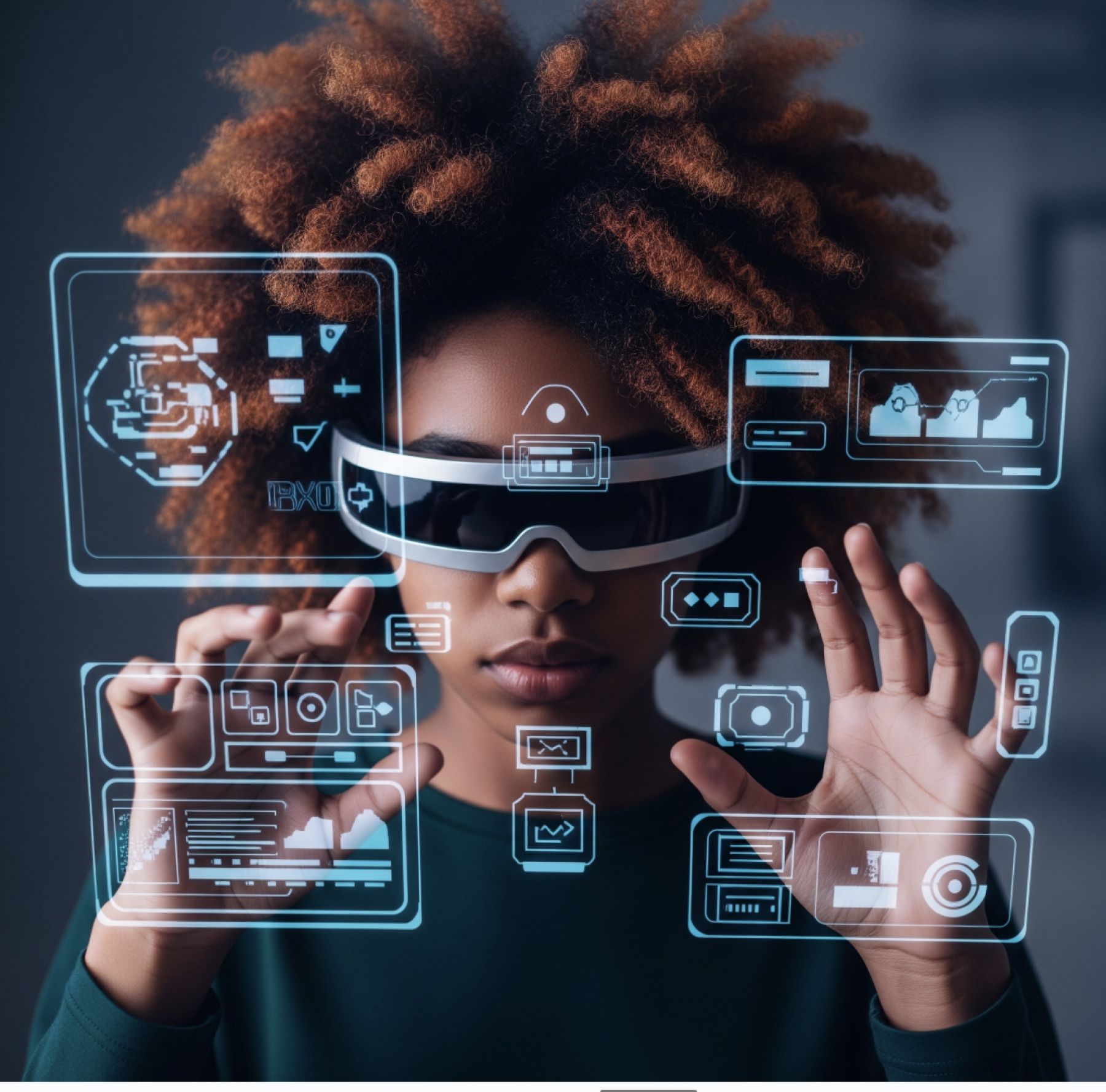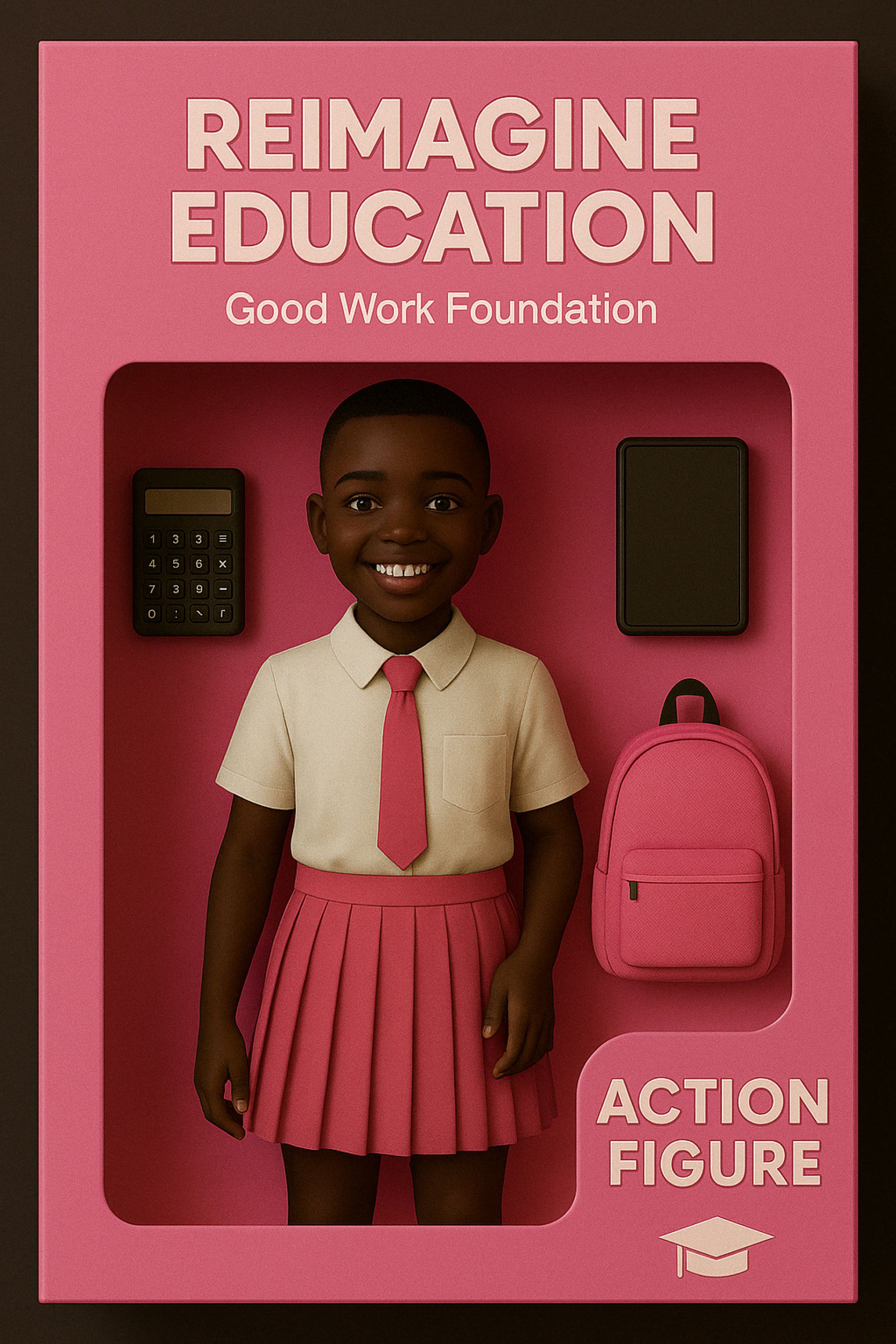
How has artificial intelligence (AI) shifted Generation Z’s way of life? How can we, as young, emerging professionals, embrace generative AI and incorporate it into our daily tasks? How has generative AI affected our work ethic? Is AI here to make Gen Z “lazy”?
Flow Communications passed the mic to a few Gen Z colleagues (all in their 20s) to help unpack these questions. All agree: AI can definitely help us work smarter. However, using it ethically to enhance our productivity (and not replace creative thinking) is key. Here are a few more insights into the rise of AI among Gen Zers:
Welcome to the world of digital natives – the first generation to grow up with the internet
In generational strategist Ryan Jenkins’s talk about how smart tech is shaping Gen Zers, he mentions how AI has now become a standard for this generation. He says, “If we can’t remember a world before airplanes then, to us, airplanes aren’t an invention – [they’re] a standard. That’s the new norm, and that’s where our expectations start. But because things are moving so fast, this emerging generation has elevated expectations.”
Similarly, Gen Zers now regard the use of AI as the norm. We use AI daily – from being exposed to virtual assistants Alexa and Siri and using Turnitin as an assignment plagiarism checker to hopping onto social media trends such as the creation of personalised action figures and animation filters.
We don’t only use AI to stay relevant in our social groups, but also incorporate it into our day-to-day tasks.



Njabulo “Njabs” Dladla, a creative video production specialist and TikTok content creator, believes he should be a ChatGPT ambassador because he uses the tool as a search engine more often than Google. He also uses AI for planning smooth trips when running work errands in the hustle and bustle of Johannesburg.
Others use AI for daily tasks such as compiling nutrition plans, content summaries, music playlists and shopping lists. Some use it to help them with their homework or to learn a new language. In short, AI has become a tool to help Gen Zers tackle many tasks while prioritising what matters to them the most – a well-functioning, stress-free environment.
Gen Zers seek out work environments where their mental health is prioritised
Information overload is to Gen Zers what oil is to water – the two do not mix. We prioritise balance in everything. Tim Barker, an expert in digital mental health issues among young people, believes increased mental health awareness in society has empowered Gen Zers to demand better support in this arena. We’re redefining what matters at work – prioritising professional values, fulfilment and growth over traditional job perks.
Barker believes Gen Zers are the first generation to clearly prioritise mental health and well-being at work. Our expectations include a stigma-free work culture, access to mental health days that can be taken without judgement, flexibility and a healthy work-life balance (such as having the option of remote/hybrid working).
The SHRM article Gen Z Expects Mental Wellness Support from Employers explores eight strategies employers can use to enhance Gen Z employees’ mental well-being in the workplace. These include introducing structured, healthy team-based activities; conducting mindfulness training during team onboarding; offering personal business/life coaches; and providing mental health training to managers so that they can better support their subordinates.
Generative AI makes executing many of these strategies within the workplace more feasible. AI prompts can easily be used to meet some of Gen Z’s workplace expectations, by, for example, generating ideas for team activities, assisting with internal mentorship/coaching and creating comprehensive onboarding plans – with human oversight, of course. AI can also assist with researching and compiling a roster of activities to encourage staff to prioritise their mental health.
As the world evolves and the workplace alongside it, it is imperative for those of us working in marketing and communications to seek out knowledge about emerging technologies and trends that have the potential to shape our future – such as AI.
Staying on trend will help all of us – not just Gen Zers – understand how different audiences adapt and respond to such developments. And if we can use AI smartly and ethically to enhance efficiency in our personal and professional lives, so much the better.
